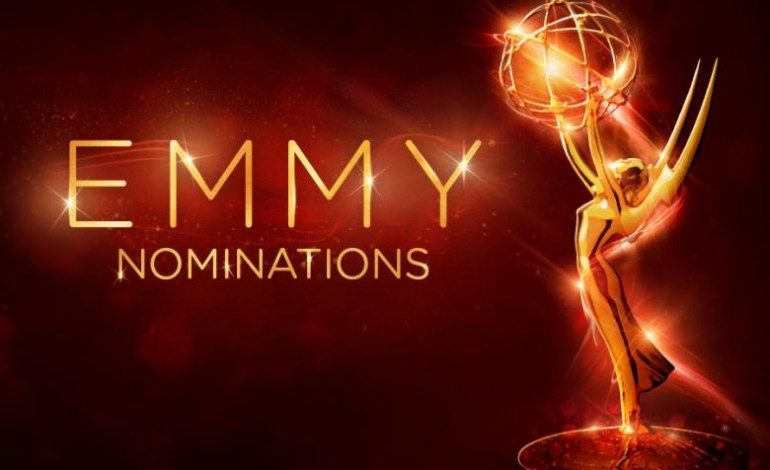

In stark contrast to the Oscars, which has received strong criticism, including the social media campaign #oscarssowhite, over the past two years due to exclusively white actor and actress nominees for the top four acting categories (Best and Best Supporting actor and actress), the 2016 Primetime Emmys features no shortage of diversity.
Variety quantified the breadth of diversity in Primetime Emmy nominations, noting that this year has the highest percentage of nominees of color in the history of the awards ceremony. The found that actors of color received 18 of 73 acting nominations in the major acting categories: lead and supporting actors in dramas, comedies, and limited series. That’s nearly 25%, and even improves on last year’s historic Emmys, in which 16 actors of color were nominated out of 75 total acting nominations. Unlike the 2016 Oscars, in which no actor of color was nominated for an award, every leading actor category features a person of color up for the Emmy. Marking a change since last year’s awards, which featured no people of color nominated for lead actor in a drama, Rami Malek, an Egyptian-American, was nominated for his role in Mr. Robot.
Diversity at the Emmys has not been limited to roles in front of the camera, with Aziz Ansari nominated for writing and directing, as well as acting, for the comedy Masters Of None. According to Variety, Alan Yang, Masters Of None;s head-writer, was also nominated for an episode he wrote with Aziz.
Interestingly, black actors were especially represented for leading actor in a limited series, with half of the nominated actors African-American men, including Idris Elba (Luther) and Cuba Gooding, Jr. (People Vs. OJ). However, hispanic actors were again underrepresented, with no nominations for popular leading roles going to Latino actors and actresses. Also, aside from Rami Malek, every other nominee for leading actor in a drama is white. Regardless, it is evident that the Emmys are trending in a positive direction when it comes to racial diversity. It is undeniable that the diverse spectrum of Emmy nominees reflects the population of the United States to a much greater degree than that of the Oscars, and the number of minority nominees for Emmys is trending upwards.
